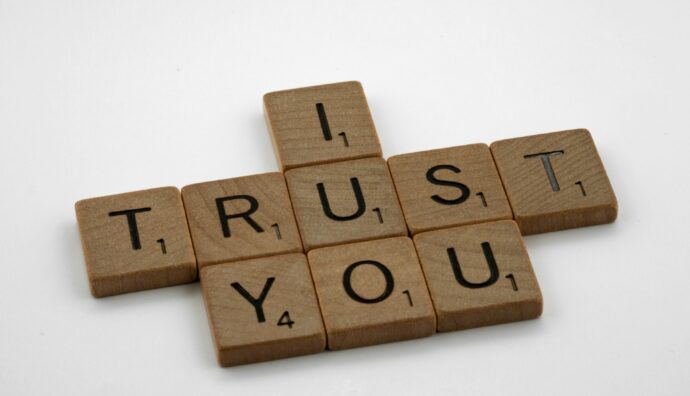A child is completely dependent on his parents. It is no coincidence that in the early years, mum and dad are usually children’s heroes.
At the same time, however, around the age of two, we all start to say our first no. No which most of the time are totally unreasonable and which, if indulged in, do no good to the child. Yet, in that moment, we become many little mules, stubborn and dull.
Somehow, we learn to define ourselves by opposition. We perceive that we exist as individuals and sense that there is a much larger world outside. And the no-chain begins.
More or less the same thing happens on the path to martial discipline. On the one hand there are those who, having been on that path for longer, know and indicate what is good to learn and how this should be done.
On the other hand, there are those who, having been on the same path for less time, oscillate between enthusiastic trust and some powerful no, which cyclically emerges. Not always through conscious or deliberately oppositional action, but they still come out.
Examples? As many as we want: just draw on your personal history, without inconveniencing other people.
Ukemi? Yes yes, beautiful, but tomorrow if I have an inflamed neck I won’t be able to work and if I don’t work I won’t pay the bills. So: ukemi are beautiful, I would love to make them but…No!
Suwari? Yes, yes, it’s very Japanese to kneel. The teacher is right to say that if I learn to move my body in a proper way while kneeling, then when I am standing it is child’s play. But, hey, doesn’t Sensei realize how much I am already a reincarnation of Sokaku Takeda? What is the point of massacring tendons, kneecaps and menisci? So: this teaching is beautiful but…No!
Weapons? The study of the bokken, the jo and the knife is beautiful. I always get emotional when I watch “The Last Samurai”. The teacher encourages me to participate in training sessions, even specific ones in the park. But, Sensei, don’t you understand that I have a life and that I just can’t dedicate two extra hours every now and then, since I am a world-famous heart surgeon and I spend my entire existence saving lives? So: weapons are beutiful but…No!
We could go on for a long time and everyone could add similar anecdotes.
We must start again from a founding point of every discipline: trust.
Sooner or later – in Aikido: quite early – you come up against a limit. You cannot progress further if you do not accept being guided. If you don’t have the courage to suspend judgment and let the teaching proposal shape you.
It’s a very delicate point, for many reasons. Trust is a very precious and rare commodity and is constantly preyed upon, at least in the society we live in. In its most genuine expression, we experience and remember trust by going back to the years of our childhood.
But the relationship of trust you have with a teacher cannot be a substitute, a surrogate for the child/parent relationship. Nor does the teacher have the right to present himself as a parent or guru or in any case on a moral pedestal with respect to the student. It shouldn’t be like this, at least.
Yet all disciplines, martial or non-martial, are full of situations of mutual dependence. On the one hand paternalism (which is very different from paternity which can also be expressed by a teacher) and on the other the search for a figure who is more authoritarian than authoritative. Someone to tell me what to do. A perfect mix for a perfect storm, which generates alternating cycles of idylls and outbursts. Of cuddles and “no” shouted in one’s face, from one side to the other, more or less metaphorically. The perfect humus that leads to rebellions that all end more or less with the same outcome: groups that fall apart, people that leave,fear and silences.
We need to start again from trust. Peaceful trust is also the result of continuous dialogue between teacher and students.
A mother, a father, know that the child must be washed even if she says “no”! And, at a certain point, they take it seriously and do what they know is right. They also know that they won’t always be able to do this.
A teacher knows (she should know) what the students should do but she cannot do anything but ask for trust. Imposing yourself leads to no other results than a group of toy soldiers who are afraid of their drill sergeant. This is at best. In the worst case, which is also the most widespread, the group dissolves, and this is a good thing.
What relationship do I have with trust and how much do I trust? Myself, my companions, my teachers?
Why?
Disclaimer: Picture by Brett Jordan from Unsplash

